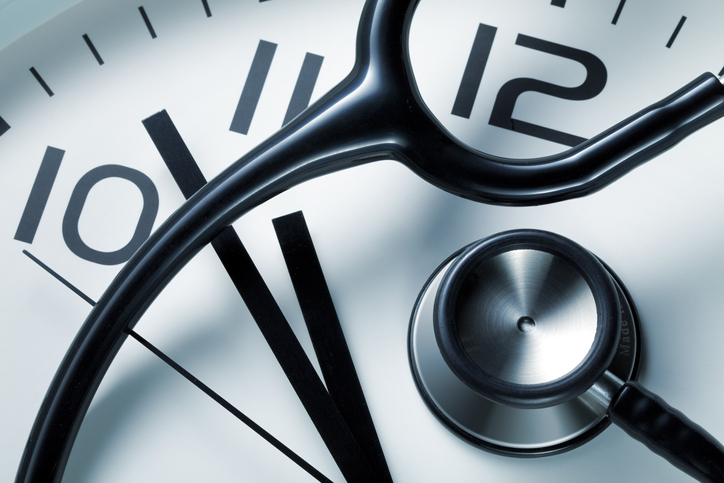Earlier this year, a study published in the Journal of American Medical Association created quite a stir among device manufacturers when it concluded that implanted cardioverter defibrillators (ICDs) were overutilized.
The JAMA article concluded that 22.5 percent of patients were implanted with ICDs when there was no evidence that they required it. Later, some large firms like Medtronic have acknowledged that ICD sales have been hurt in the U.S. partly because of that article.
Now, medical device companies appear to be taking heart in a new study reported in the June edition of the American Heart Journal. The Los Angeles Times reported that in a first national study of adherence to the treatment goals for heart failure, researchers at the University of California Los Angeles’s medical school found that as many as 12,179 lives per year may be saved if patients are implanted with ICDs and another 8,317 per year when treated with cardiac resynchronization therapy (CRT).

With the Rise of AI, What IP Disputes in Healthcare Are Likely to Emerge?
Munck Wilson Mandala Partner Greg Howison shared his perspective on some of the legal ramifications around AI, IP, connected devices and the data they generate, in response to emailed questions.
A St. Jude Medical spokeswoman called the study “significant.” She added that the JAMA article got a lot of attention in the media and hoped that the same attention be paid to this new study that “represents a fair/balanced view of the issue regarding utilization of these life-saving devices.”
While that may be true, the study only “examined use and underuse of evidence-based, guideline-recommended therapies in patients eligible for these therapies” said Dr. Gregg Fonarow of UCLA’s Geffen School of Medicine, in an emailed response.
Dr. Fonarow added the following:
This new study does not at all counter the JAMA article. ICDs can be both overutilized by being placed in patients in which there is not sufficient evidence, as well as be underutilized by not being placed in other heart failure patients where there is sufficient evidence and guideline recommendations. Our study shows that there is a substantial opportunity to implement evidence-based therapies for heart failure and what the magnitude of benefit would be if this was applied to all eligible patients. Ensuring that therapies are applied only to patients where indicated and appropriate is also important as highlighted in the JAMA article from the NCDR registry.
Perhaps it would be well for vendors to compare apples to apples.














